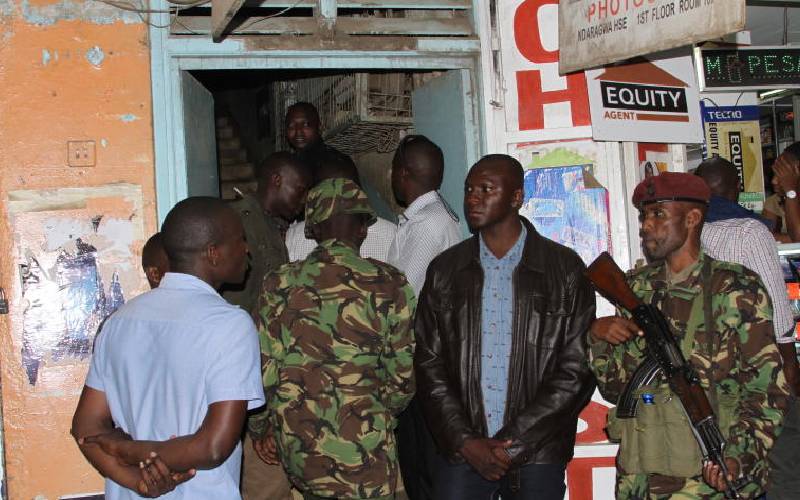
There is a simple and smart way to create more than 100,000 jobs in the remaining period of Prezzo UK’s presidency. The deal is even sweeter when you read projected incomes to be created (or saved) in the process: More than Sh100b each year—not to mention the taxes accrued from those good, well-paying jobs.
These details are in a raft of propositions from a little-known government agency — the Kenya National Qualifications Authority (KNQA). The institution’s Director General, Dr Juma Mukhwana, says one in three Kenyans, accounting for about 250,000 jobs in the civil service, holds fake academic certificates.